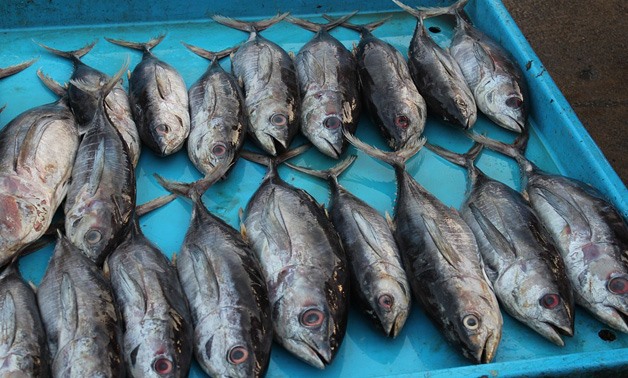
Creative Commons via Pixabay
CAIRO – 30 March 2017: Certain food commodities’ prices surged over the past week amid the economic crisis that Egypt faces, pushing people across the country to declare boycott campaigns against merchants.
People on social media called for boycotting fish because of its high prices, forcing traders to reduce their prices after markets saw very low turnout in the two days since the boycott began.
On March 28, social media users created a hashtag #خليه_يعفن( Leave It To Rot), calling for a boycott of fish, particularly in coastal cities, after merchants increased their prices. The boycott calls extended to other areas including Cairo, Giza, and Upper Egypt.
One kilogram of the cheapest tilapia used to be sold for 15 EGP ($0.824), now the price of a kilo has more than doubled to 35 EGP ($1.92).
Facebook post calling for fish boycott "Leave it rot"
Due to the increasing value of U.S. dollar against the Egyptian pound after the government floated its national currency in November, merchants have begun exporting fish abroad to get more money in dollars rather than selling their catch locally Egyptian pounds, triggering the price hike, Cairo Chamber of Commerce’s Fish Traders Division head, Ahmed El Gaafari, told Extra News talk show on Monday.
Fish is considered the cheapest protein on Egyptian tables, particularly for low-income citizens. “In general, prices are very high and fish is [no longer] affordable for low-income people and it [has become] as expensive as meat and chicken; overall prices are very difficult,” Om Mona told Egypt Today on Thursday.
“Fish farmers raised the cost of their production because of the increase of fish feed prices, which are tied to the dollar,” a fish seller told Youm7 in Ismailia governorate.
In 2012, Egypt's fish production reached about one million tons; in 2014, Egypt occupied the ninth ranking among fish producing countries globally, according to Egypt’s General Authority for Fish Resources Development. However, Egypt imports 20 percent of its consumption, said Ahmed El Gaafari.
After the fish boycott campaign succeeded relatively well in some governorates, such as Port Said and Alexandria, people called for another boycott campaign against the tomato price hike; the three-day boycott was introduced after prices reached 12 EGP ($0.665) per a kilo; a week earlier, one kilo of tomatoes was sold for 4 EGP ($0.222).
Twitter ad calling for tomato boycott "We will not die if we do not eat tomatoes"
A consumer told Youm7 that a farmer bought him four kilos of tomatoes for 3 EGP (U.S. $0.166), suggesting that the traders are behind the price hike.
The price hike of commodities comes ahead of Ramadan, the Islamic holy month during which Muslims worldwide fast from dawn to dusk. Food prices often increase during Ramadan, which is slated to begin in May.

Comments
Leave a Comment